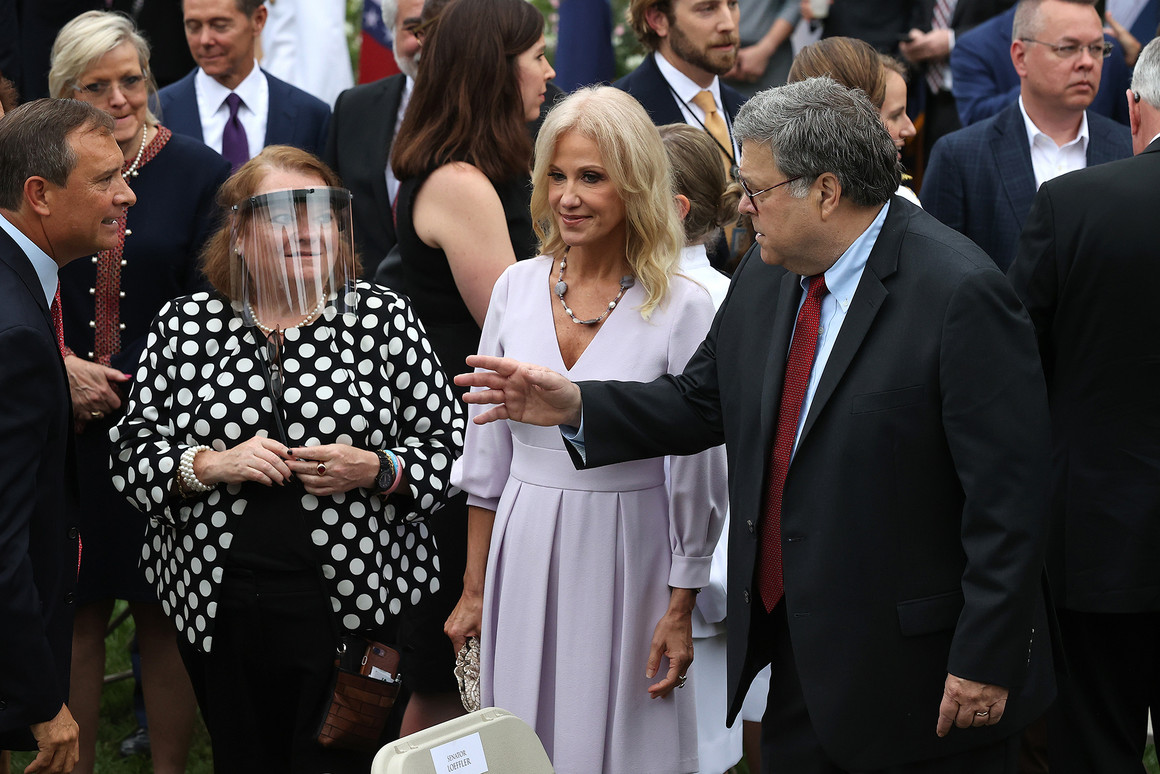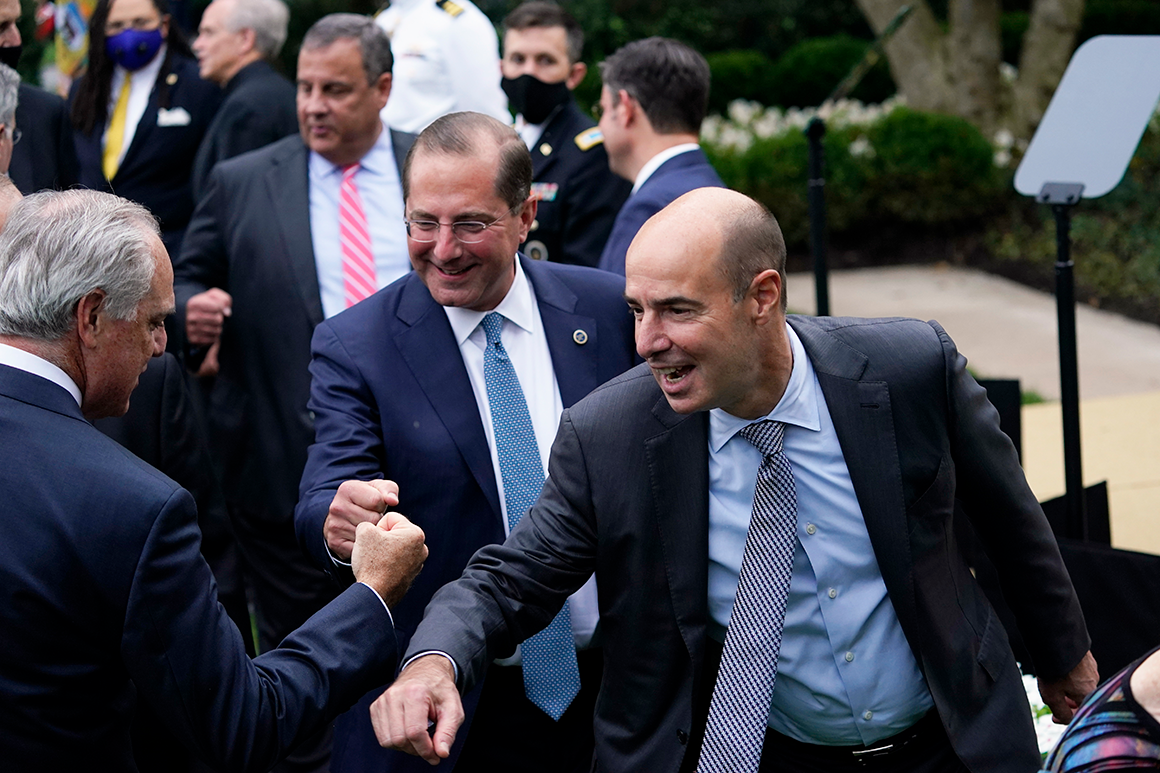A second company has now produced strong hints that monoclonal antibodies, synthetically produced versions of proteins made by the immune system, can work as treatments in people who are infected with the pandemic coronavirus but are not yet seriously ill.
The biotech Regeneron Pharmaceuticals has developed a cocktail of two monoclonal antibodies that attach to the surface protein of that coronavirus, SARS-CoV-2, and attempt to block it from infecting cells. Yesterday at an investor and media
webcast, the firm revealed early results.
[..]
Skovronsky says Lilly has a simpler plan: Offer monoclonals to people who test positive for the virus if they are in high-risk groups for developing severe disease, which include the elderly and people with underlying diseases such as diabetes or who are
overweight.
[..]
Monoclonal antibodies are more difficult to make than many drugs and often are extremely expensive, which means that supply could outstrip demand and many countries might not be able to afford them. The U.S. government’s Operation Warp Speed has invested
$450 million in Regeneron to produce up to 300,000 “doses” of its cocktail by the end of the year, which would be distributed to Americans free of charge. “A substantial fraction of those are already available,” Yancopoulos said—although it’s not yet clear what constitutes a single dose of the company’s cocktail. [..]


